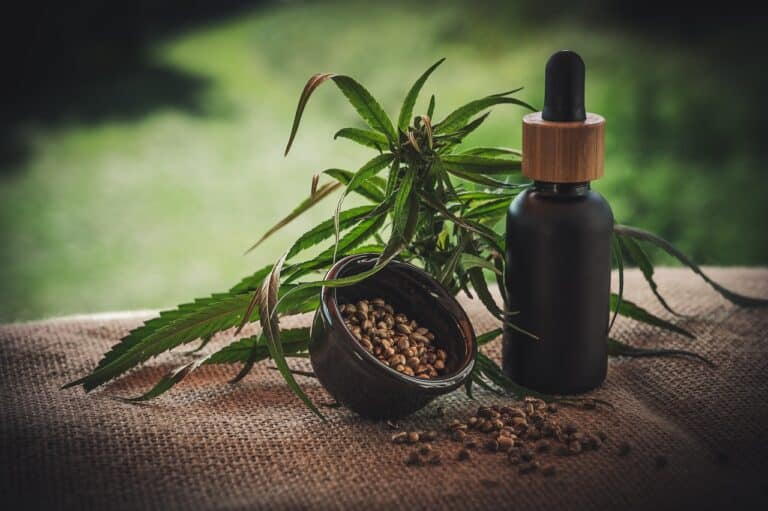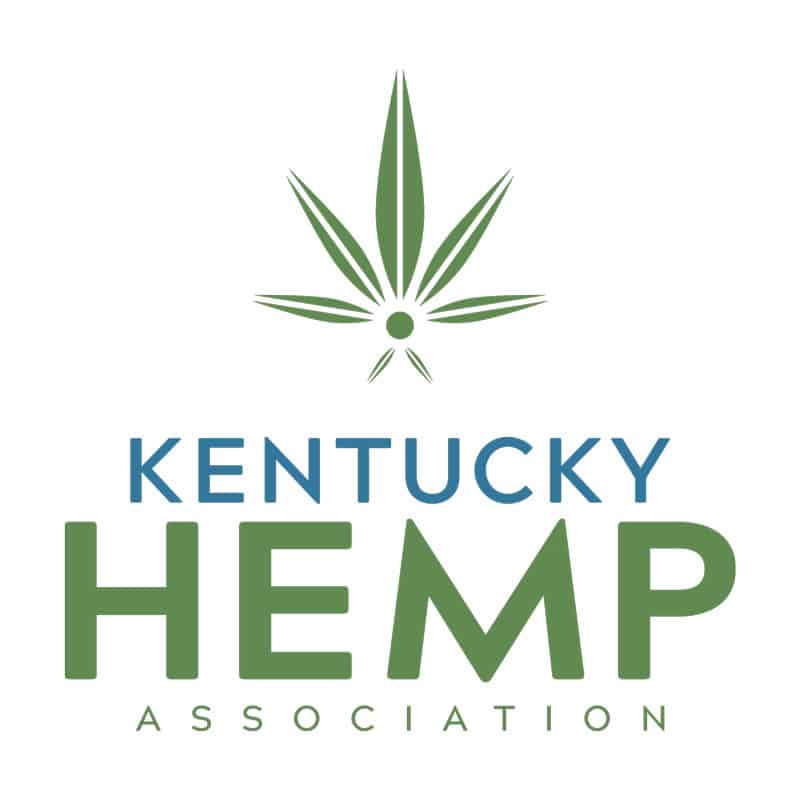Kentucky’s Cannabis Crossroads
Kentucky’s journey toward medical cannabis access took a significant step forward when Governor Andy Beshear issued an order allowing residents with 21 specific medical conditions to possess up to eight ounces of medical cannabis. However, the proximity of Illinois as the closest state where out-of-state medical cannabis prescriptions can be filled highlights the limitations of this development. Yet, within Kentucky itself, an alternative cannabis option already exists in the form of Delta 8, a naturally occurring compound found in hemp.
Delta 8, often referred to as “diet weed” due to its milder psychoactive effects compared to marijuana, is fully legal under both state and federal laws. It holds promise for individuals seeking relief from various conditions, including pain, seizures, and more. Importantly, Kentuckians don’t need to travel across state lines for this alternative, as hemp, the source of Delta 8, is entirely legal within the state.
In light of a recent court decision affirming Delta 8’s legality, Governor Beshear initiated the development of much-needed guidelines for its production, labeling, and sale through an executive order to the Cabinet for Health and Family Services. These regulations are expected to set the stage for forthcoming legislation addressing medical cannabis.
Kentucky Agriculture Commissioner Ryan Quarles has been actively advocating for the U.S. Food and Drug Administration (FDA) to establish guidelines for dosing and advertising hemp products. The FDA and the Centers for Disease Control have expressed concerns about Delta 8, citing issues such as accidental poisonings and potentially harmful chemicals used in its processing.
State and federal regulations could reinvigorate Kentucky’s hemp industry, which has faced challenges stemming from overproduction, the pandemic, federal oversight issues, and limited banking support. Hemp’s versatility spans various applications, including paper, textiles, biodegradable plastics, biofuel, and animal feed. Currently, the most lucrative hemp product is CBD oil, widely recognized for its health benefits. Notably, CBD oil serves as a key ingredient in producing Delta 8 THC, responsible for its mild psychoactive properties.
Katie Moyer, president of the Kentucky Hemp Association and owner of Kentucky Hemp Works, a seed and processing facility in Christian County, acknowledges the unexpected emergence of Delta 8. She views it as a welcome alternative for many individuals and supports the need for responsible regulation, advocating for restricting access to adults, proper handling, and certification.
Taylor echoes the importance of responsible sales and education. She firmly believes that Delta 8 qualifies as a form of medicine, asserting, “To me, this is medicine. I don’t feel like anybody should buy a health-care product at a gas station.”
While medical marijuana remains a legislative priority in Kentucky, progress has been slow, with proposed bills encountering challenges in the Senate. Senate President Robert Stivers has expressed support for medical marijuana, primarily for terminally ill patients, but broader legalization remains uncertain.
Kentuckians continue to navigate a complex landscape of regulations, legislation, and healthcare needs, with a growing awareness of the potential benefits offered by responsible cannabis regulation and expanded access to alternatives like Delta 8. As the cannabis landscape evolves, residents of the Bluegrass State are hopeful for a future that offers relief and improved healthcare options within their own borders.
Read the original article here
Photo by Aphiwat chuangchoem: https://www.pexels.com/photo/person-holding-green-canabis-2178565/

















